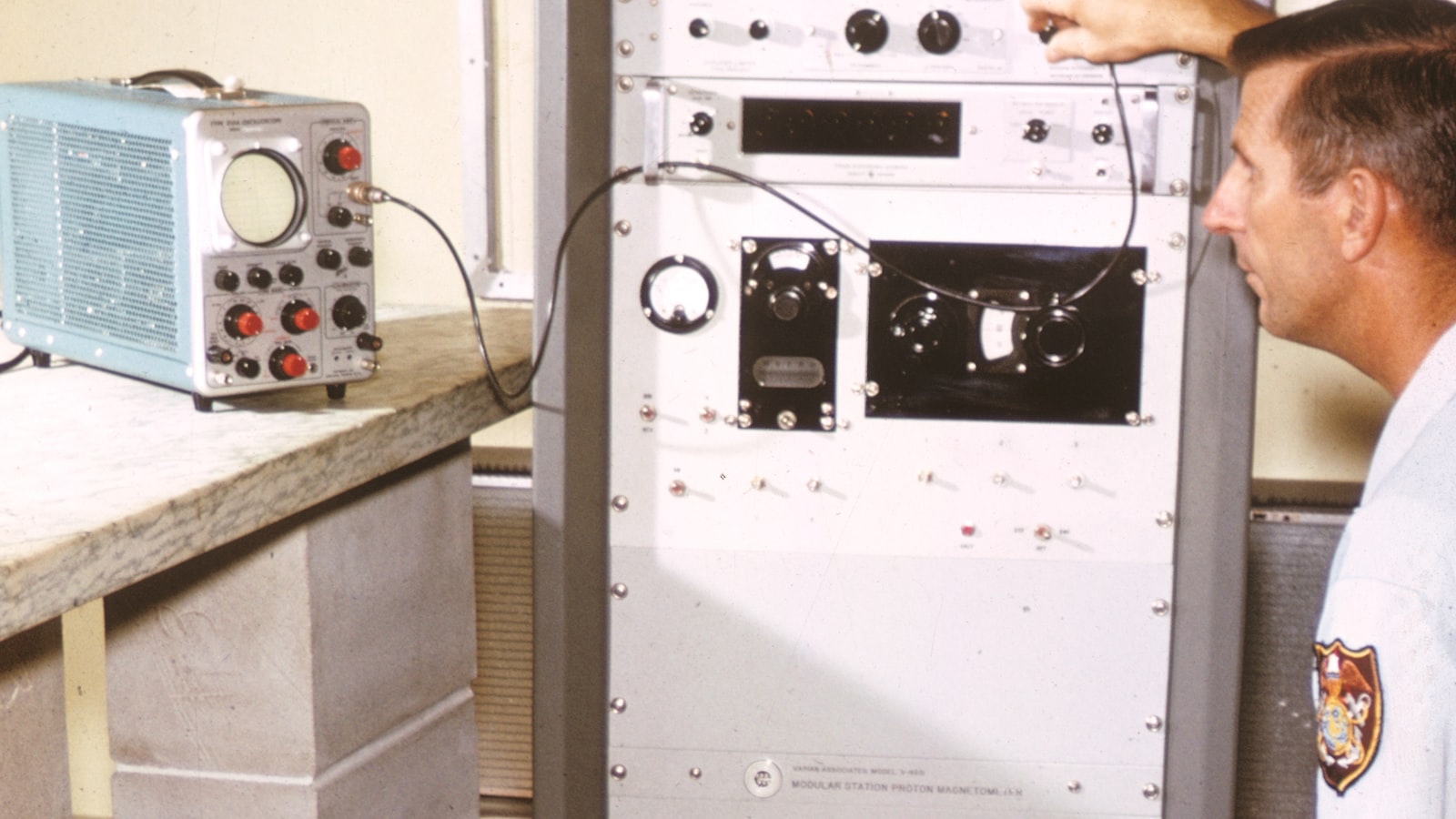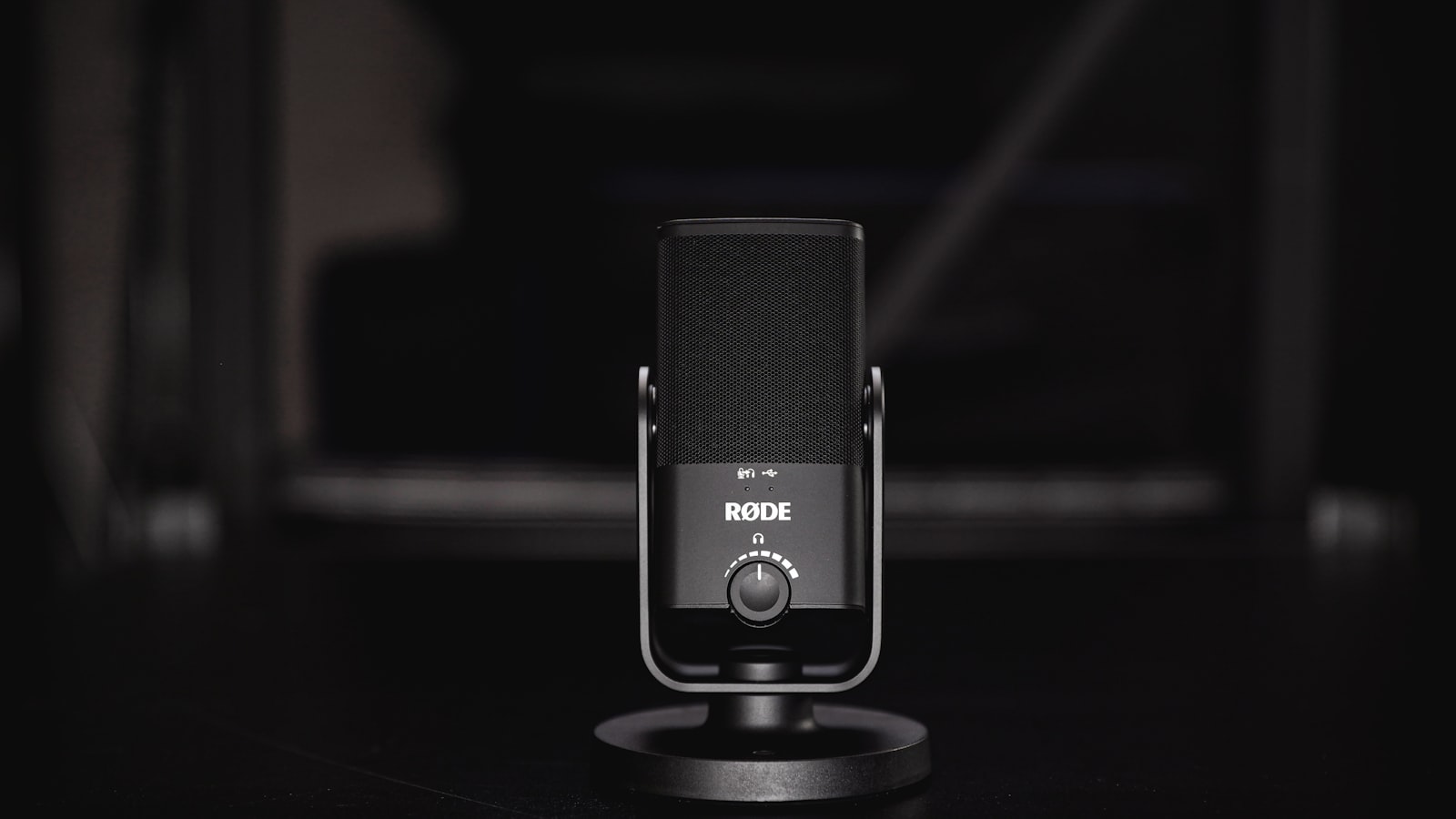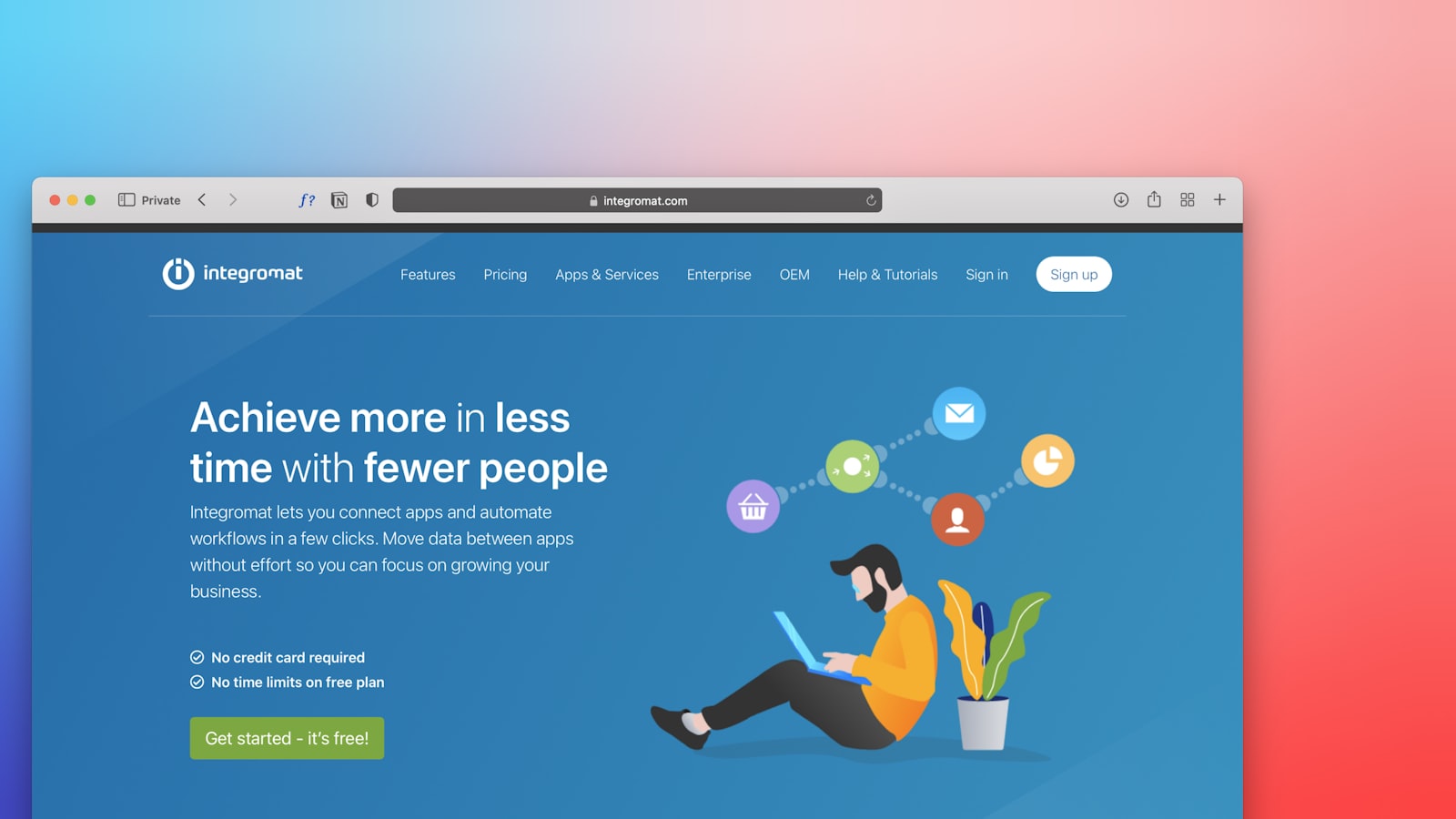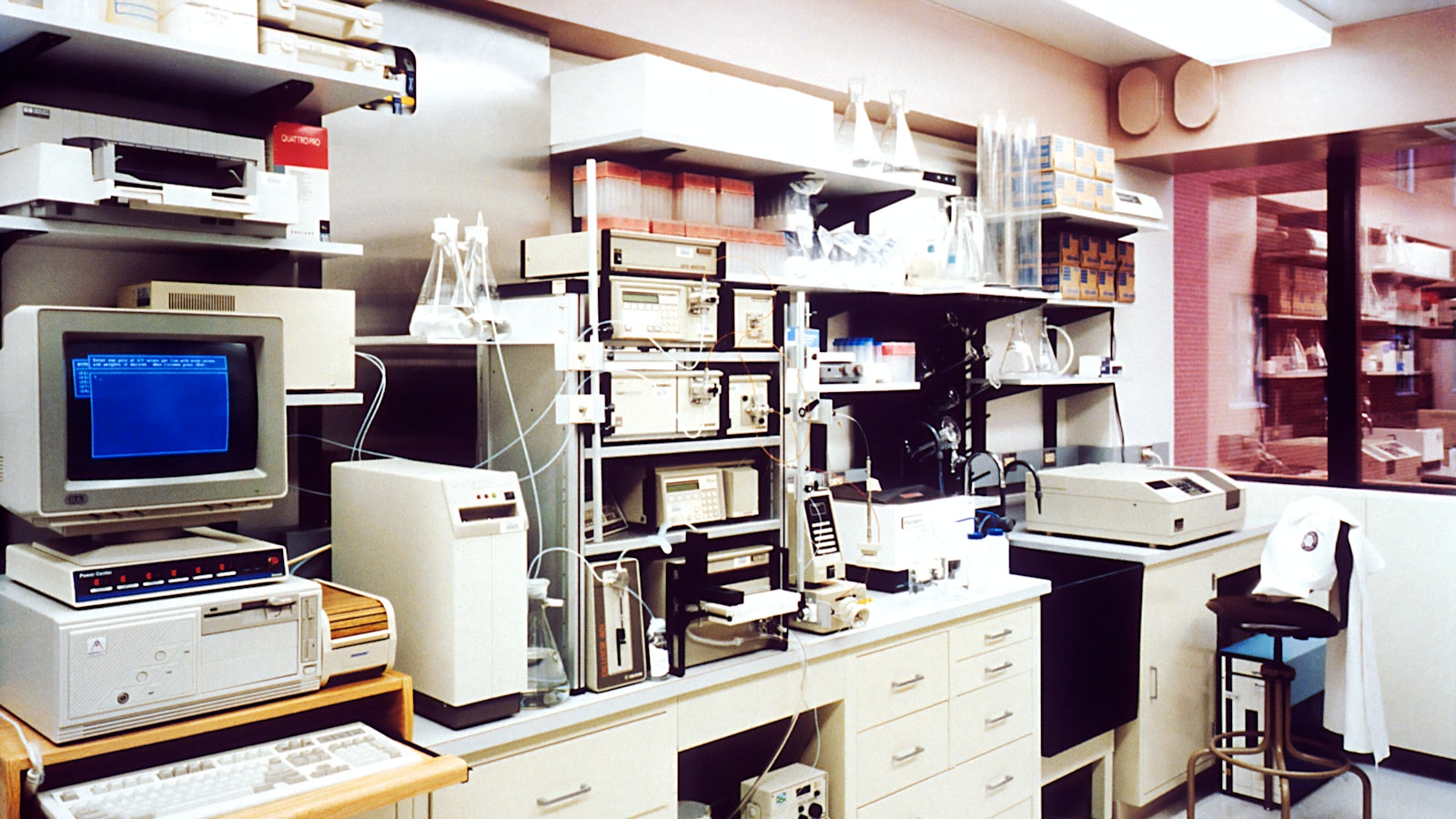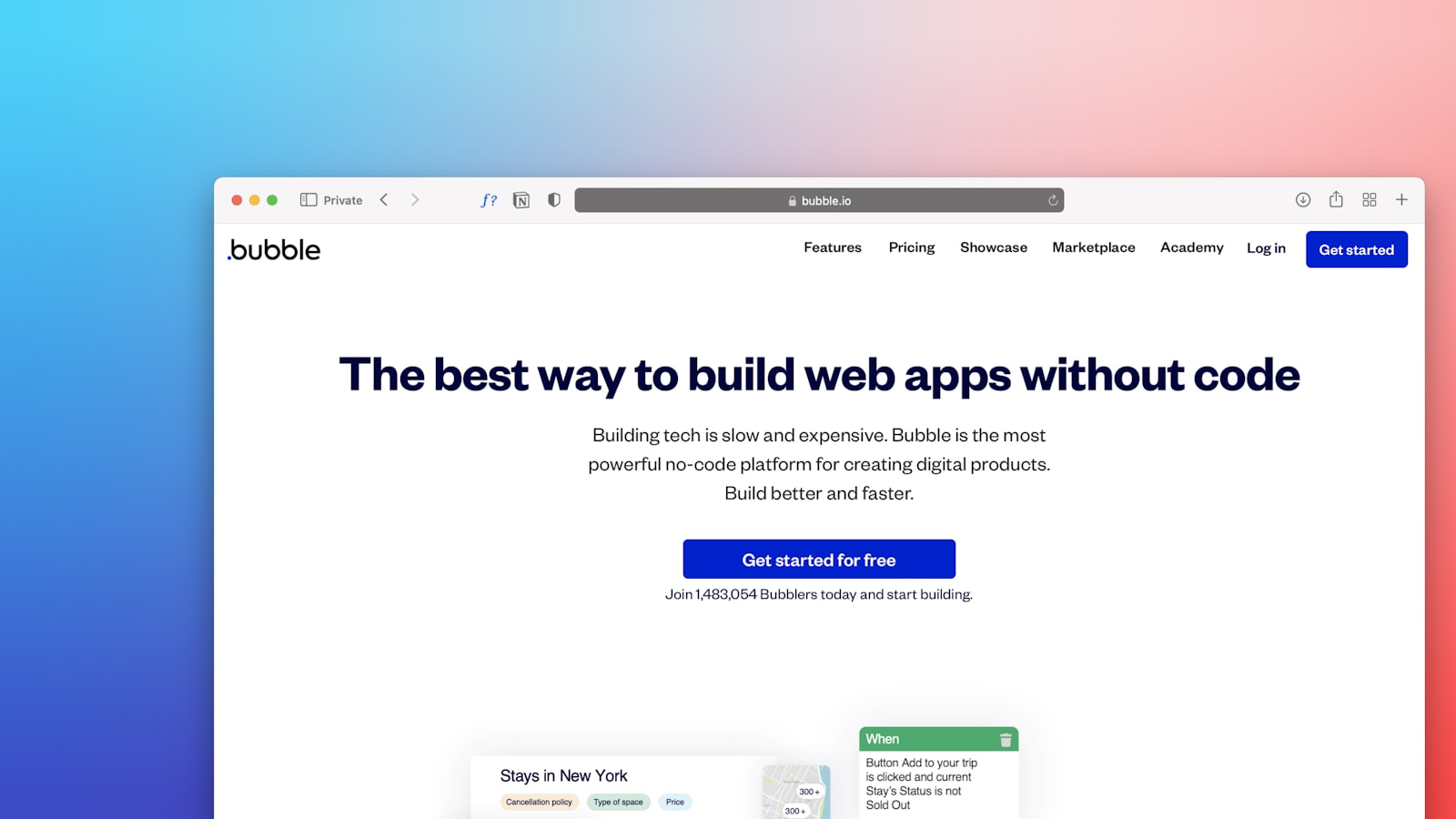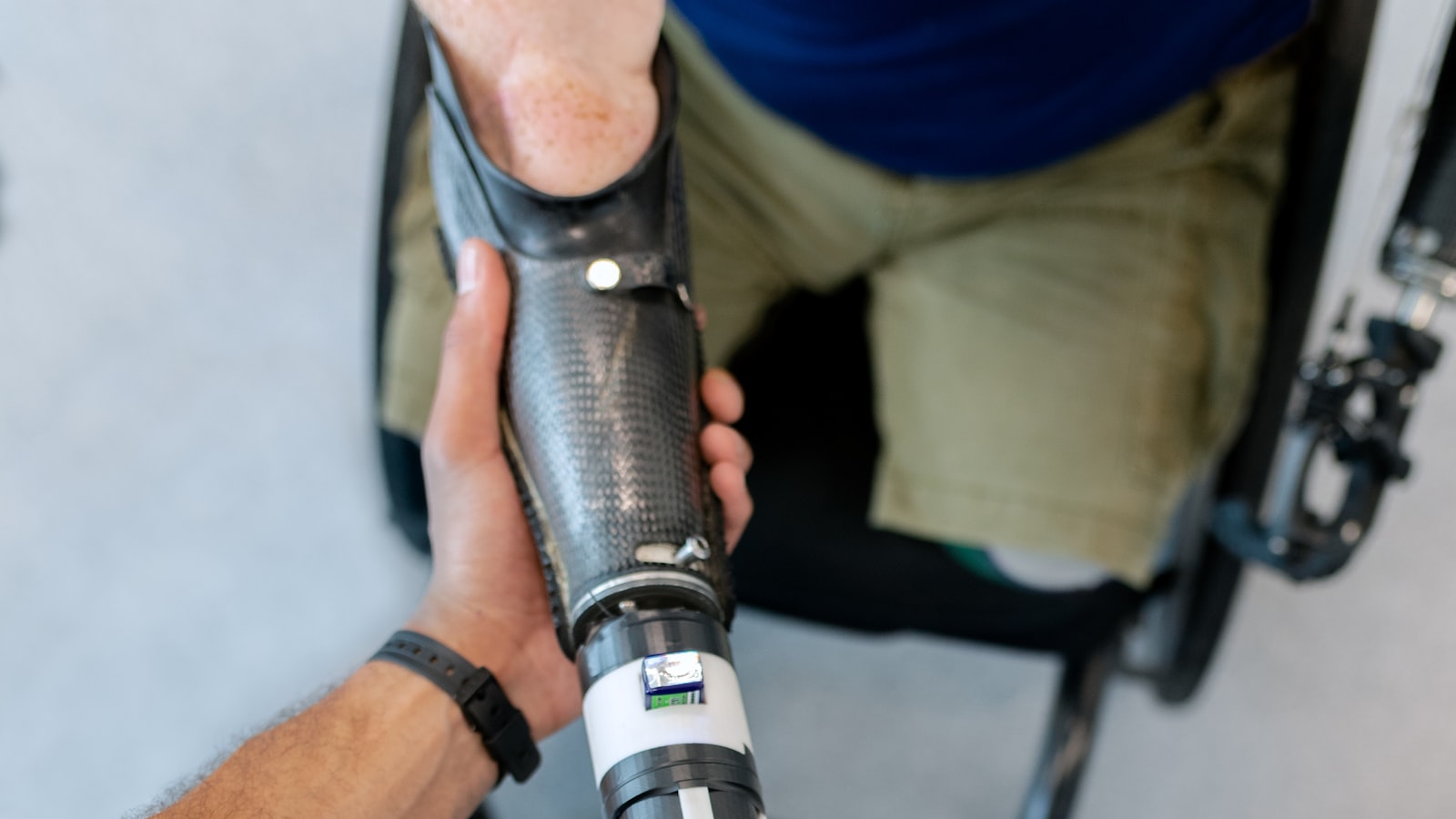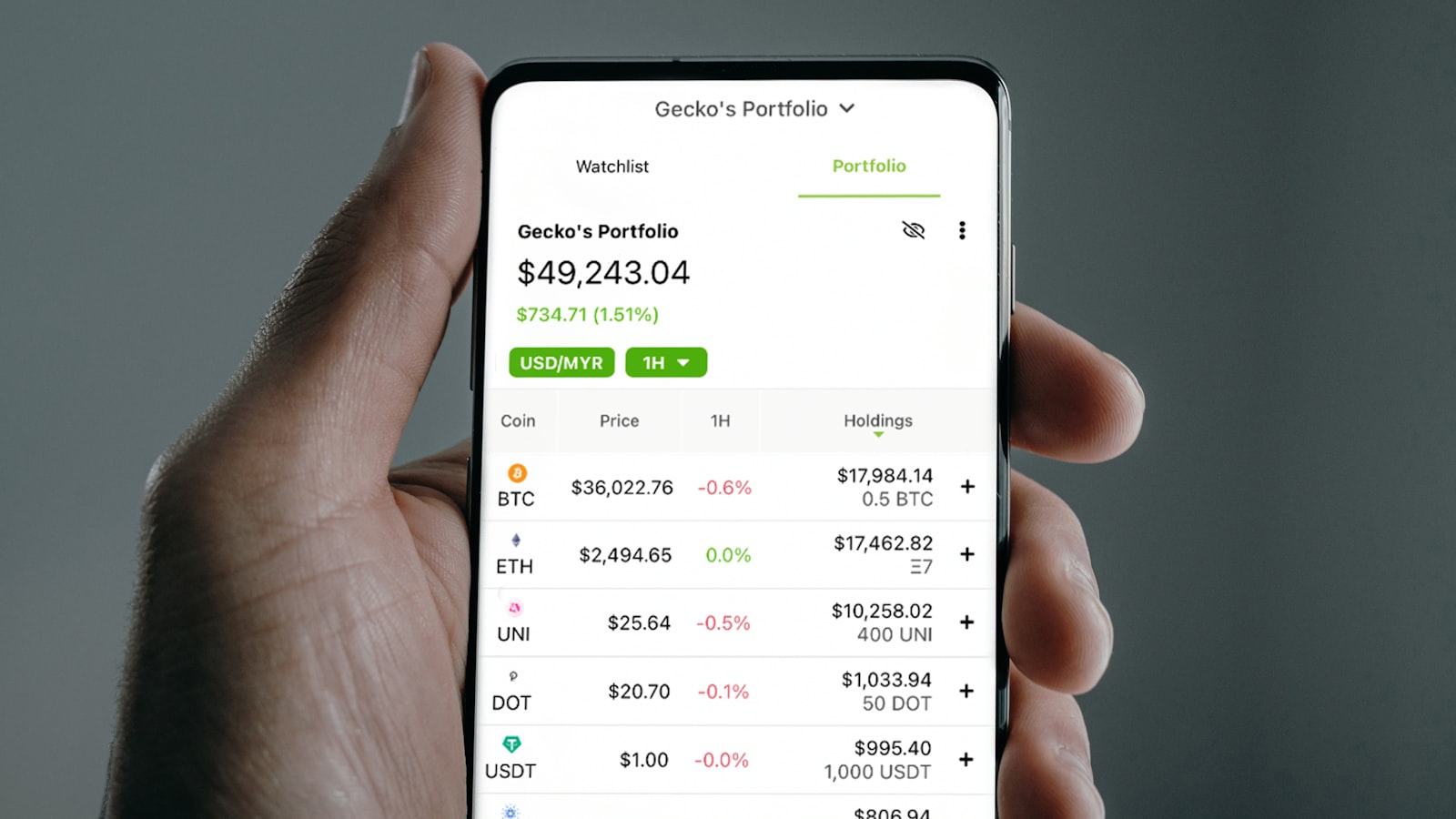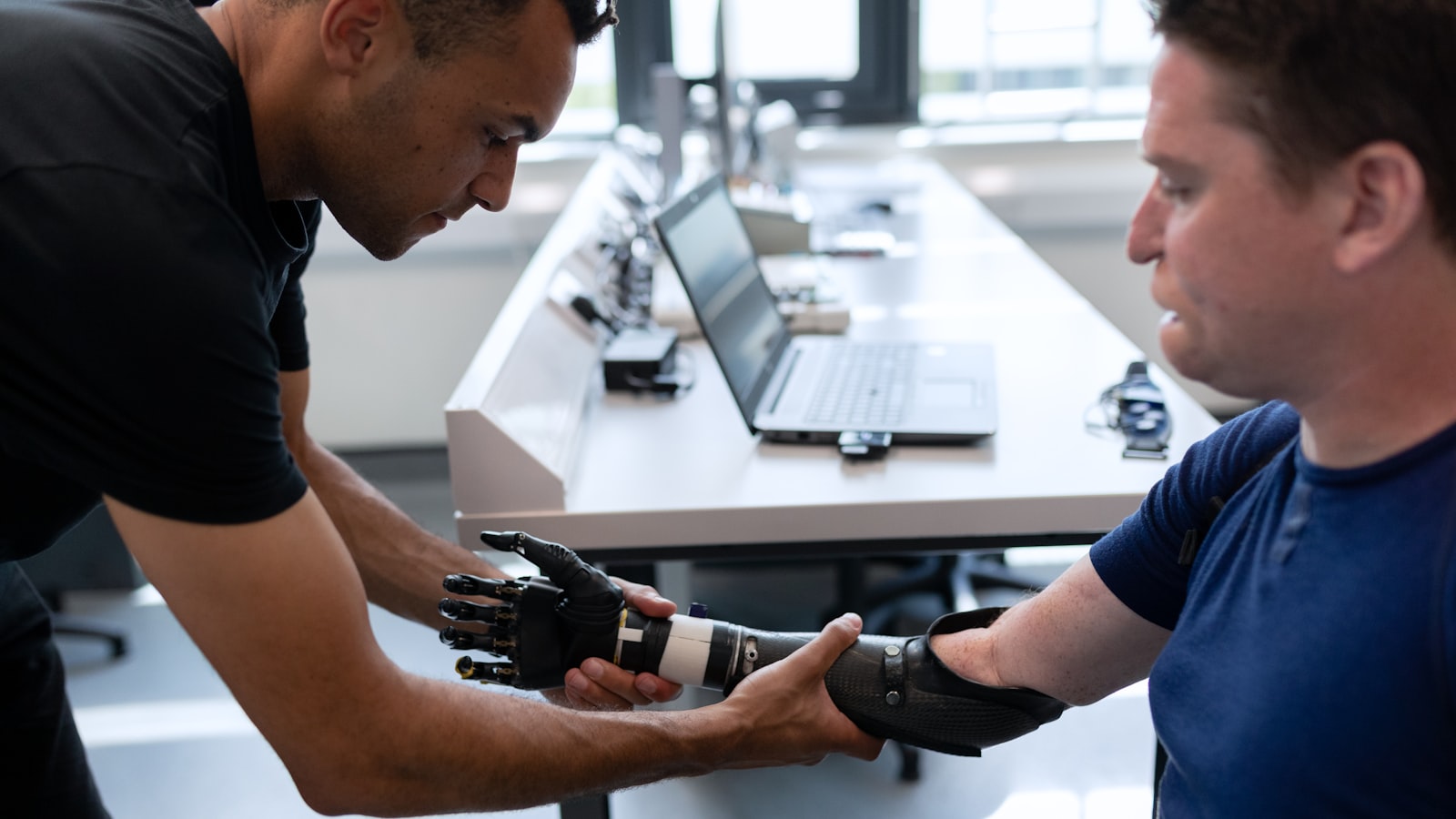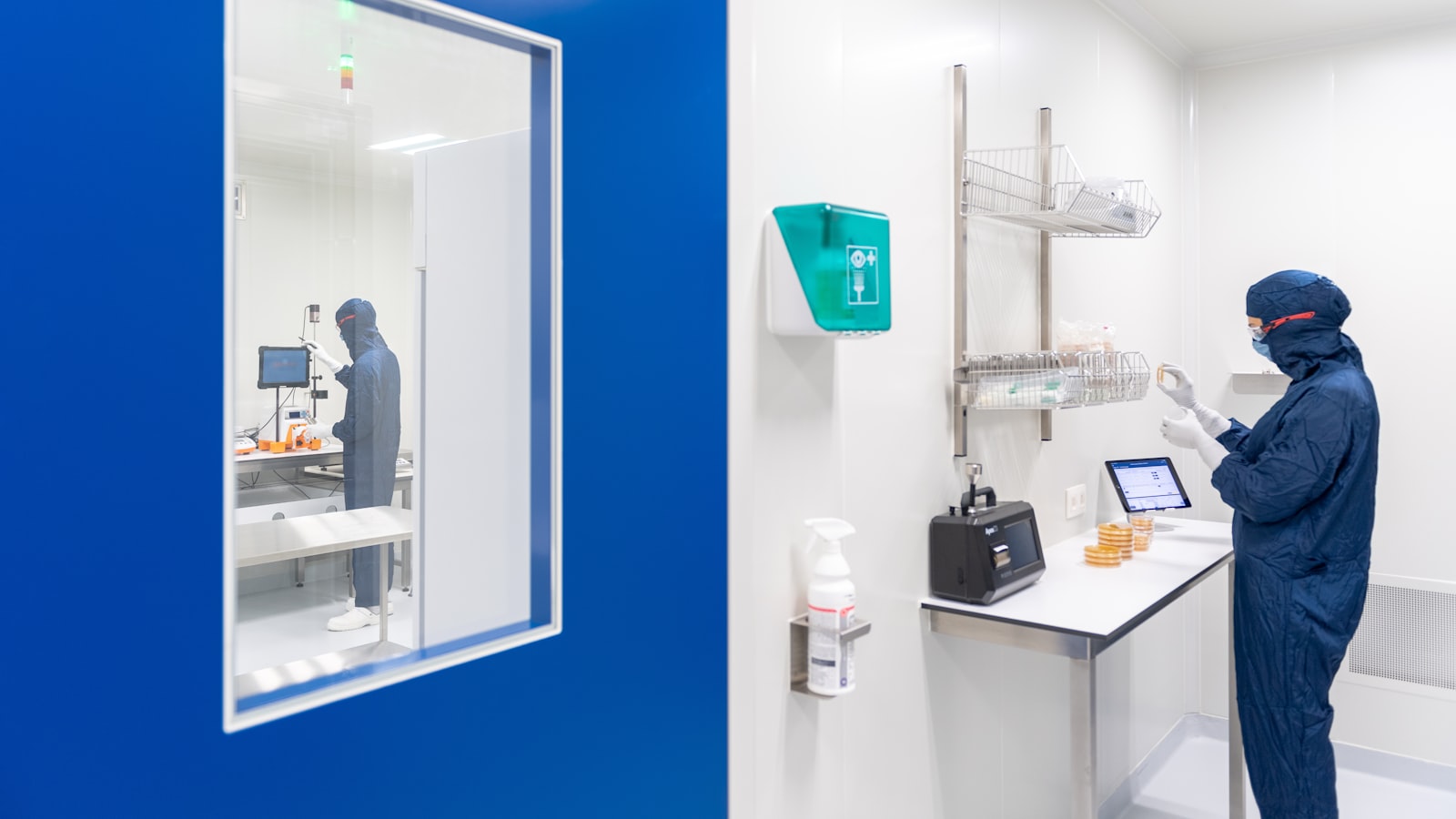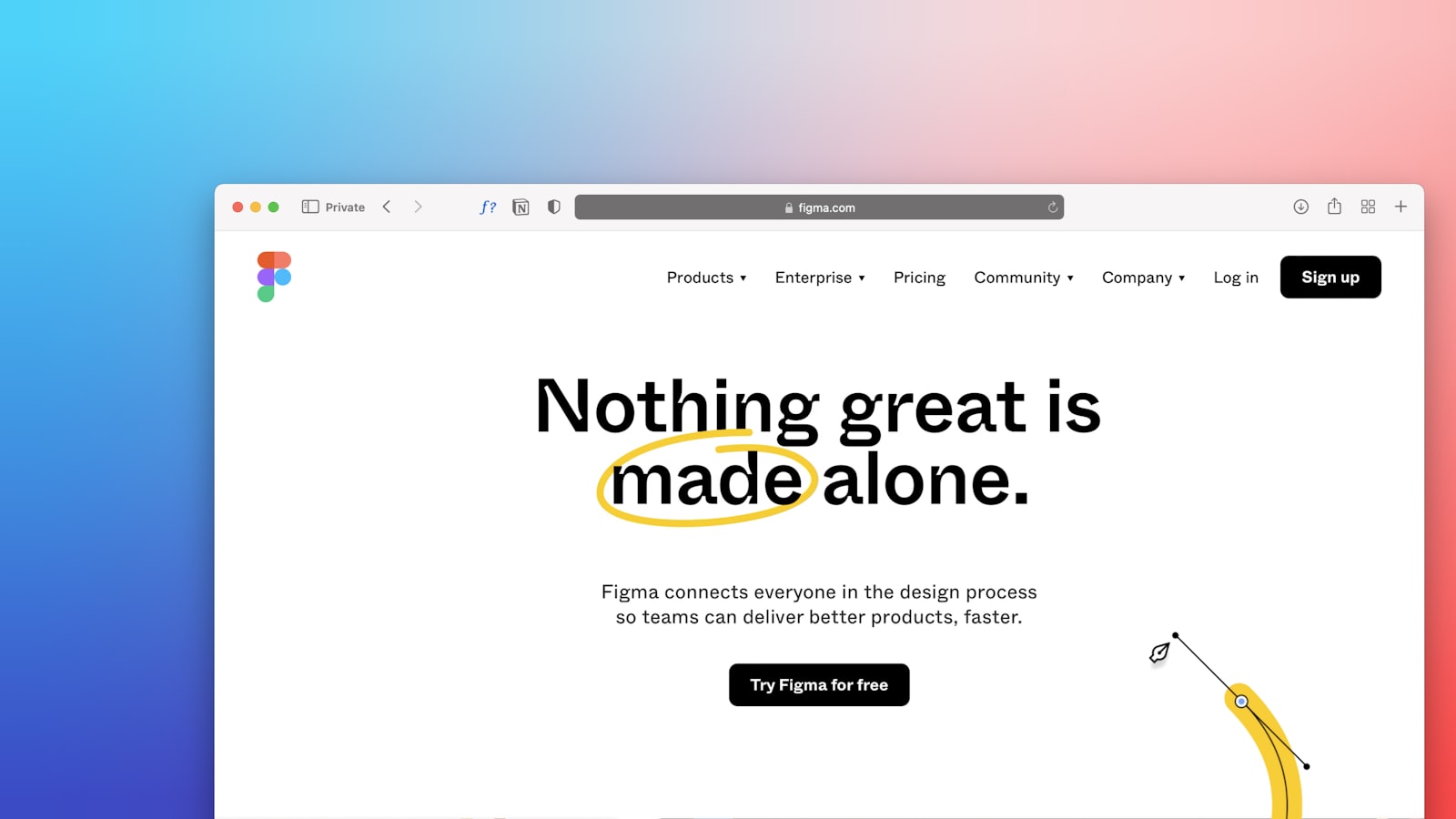BDR Meaning- How Business Development Representatives Impact the Bottom Line
BDR Meaning- How Business Development Representatives Impact the Bottom Line
BDR Meaning- How Business Development Representatives Impact the Bottom Line
Discover the BDR meaning and learn how Business Development Representatives significantly impact your company's bottom line through strategic outreach.
Discover the BDR meaning and learn how Business Development Representatives significantly impact your company's bottom line through strategic outreach.



Here is the merged HTML document containing all sections:
Introduction
Ever wondered what the heck a BDR is and why everyone keeps talking about them? Spoiler alert: they're not just another corporate buzzword. Business Development Representatives (BDRs) are the unsung heroes of the sales world, tirelessly working behind the scenes to bring in new business and keep the revenue engine humming.
Brief Overview of BDR and Its Importance in Business Growth
Let’s break it down: A BDR is like the Sherlock Holmes of the sales team. They identify and nurture potential customers, turning cold leads into warm opportunities. Without BDRs, your sales pipeline would be drier than a desert. These folks are crucial for maintaining a steady flow of prospects, which directly impacts the bottom line.
Purpose of the Article
In this article, we’ll explore the BDR meaning and dive into the nitty-gritty of how BDRs contribute to your company's financial health. Expect actionable insights, real-world examples, and a sprinkle of humor to keep things interesting. By the end, you’ll understand why BDRs are your secret weapon for driving business growth and why you should probably give your BDR team a raise.
What is a Business Development Representative (BDR)?
Definition of BDR
A Business Development Representative (BDR) is a professional responsible for generating new business opportunities for a company. They focus on creating long-term value from customers, markets, and relationships. BDRs play a crucial role in the sales process by finding and qualifying leads, which they then pass on to the sales team for closure. This role is essential for companies looking to expand their market reach and drive growth.
Key Differences Between BDR and SDR
While BDRs and Sales Development Representatives (SDRs) both aim to generate leads and drive sales, their focus areas differ significantly:
BDRs: Concentrate on outbound opportunities. They actively seek out potential clients through methods like cold calling and email prospecting. BDRs are typically involved in the early stages of the sales funnel, identifying and qualifying leads.
SDRs: Focus on inbound leads. They work with prospects who have already shown interest in the company's products or services, often through marketing efforts. SDRs nurture these leads and guide them further down the sales funnel.
In essence, BDRs create opportunities by reaching out to potential clients, while SDRs manage and convert inbound leads. Both roles are vital for a well-rounded sales strategy, but they operate at different stages of the customer acquisition process.

Core Responsibilities of a BDR
Identifying and Qualifying Leads
A Business Development Representative (BDR) plays a crucial role in identifying potential leads. This involves researching and pinpointing individuals or companies that might benefit from your products or services. Once identified, the BDR qualifies these leads by assessing their needs, budget, and decision-making authority. This process ensures that the sales team focuses on high-potential prospects, maximizing efficiency and effectiveness.
Conducting Market Research
Market research is another key responsibility for BDRs. They gather and analyze data about market trends, competitor activities, and customer preferences. This information helps in tailoring outreach strategies and staying ahead of the competition. Tools like LinkedIn Sales Navigator and various CRM systems are often used to streamline this process and keep the lead database updated with actionable insights.
Cold Calling and Email Outreach
Cold calling and email outreach are the bread and butter of a BDR's daily activities. These methods are used to initiate contact with potential leads. A successful BDR crafts personalized messages that resonate with the recipient, addressing their specific pain points and offering relevant solutions. Effective communication skills are essential here, as the goal is to engage the prospect and move them further down the sales funnel.
Scheduling Meetings and Follow-ups
Once initial contact is made, the next step is to schedule meetings or calls between the lead and the sales team. BDRs coordinate these interactions, ensuring that all parties are available and prepared. Follow-ups are equally important; they keep the conversation going and address any questions or concerns the lead may have. Timely follow-ups can significantly improve conversion rates.
Collaborating with Sales and Marketing Teams
Collaboration is key to the success of a BDR. They work closely with both sales and marketing teams to align strategies and share insights. This teamwork helps in creating cohesive campaigns that effectively target the right audience. By bridging the gap between these departments, BDRs ensure that marketing efforts translate into tangible sales opportunities.

The Impact of BDRs on the Bottom Line
Generating New Business Opportunities
Business Development Representatives (BDRs) are the linchpins in creating new business opportunities. By identifying and reaching out to potential clients, BDRs open doors to new markets and customer segments. This proactive approach ensures a steady influx of prospects, keeping the sales funnel healthy and vibrant.
For instance, a BDR at a SaaS company might identify a niche market that has been underserved. By targeting this segment with tailored outreach, they can generate interest and set the stage for future sales. This strategy not only brings in new leads but also diversifies the company's revenue streams.
Enhancing Sales Pipeline Quality
BDRs play a crucial role in enhancing the quality of the sales pipeline. By meticulously qualifying leads, they ensure that only the most promising prospects move forward. This means sales teams spend their time on high-potential opportunities, increasing the likelihood of closing deals.
According to 10 Strategies for Improving Lead Quality and Conversion Rates, a well-qualified lead is more likely to convert, making the sales process more efficient and effective. BDRs use various tools and techniques to assess lead quality, from CRM systems to direct interactions with potential clients.
Improving Conversion Rates
With their focus on high-quality leads, BDRs significantly improve conversion rates. By nurturing relationships and providing valuable insights during the early stages of the sales process, they build trust and rapport with prospects. This groundwork makes it easier for sales teams to close deals.
For example, a BDR might use personalized email campaigns to engage prospects, addressing their specific pain points and offering tailored solutions. This personalized approach can dramatically increase the chances of converting leads into customers.
For more insights on improving conversion rates, check out 10 SaaS Sales Funnel Best Practices to Skyrocket Your Revenue.
Supporting Long-term Business Growth
BDRs are not just focused on short-term wins. Their efforts lay the foundation for long-term business growth. By continuously feeding the sales pipeline with high-quality leads, they ensure a steady stream of opportunities that can be converted into loyal customers.
Moreover, BDRs often collaborate with marketing teams to refine targeting strategies and improve messaging. This synergy between sales and marketing helps create a cohesive approach to customer acquisition and retention, driving sustainable growth.
To learn more about developing a winning growth strategy, visit How to Develop and Execute a Winning SaaS Growth Strategy.

Essential Skills and Qualifications for BDRs

Key Hard Skills
Business Development Representatives (BDRs) need a solid foundation of hard skills to excel in their roles. These include:
CRM Proficiency: Mastering Customer Relationship Management (CRM) tools like Salesforce or HubSpot is crucial. These platforms help BDRs track interactions, manage leads, and streamline workflows.
Sales Techniques: Understanding various sales methodologies, such as SPIN Selling or the Challenger Sale, equips BDRs with strategies to effectively engage prospects and close deals.
Market Research: BDRs must be adept at conducting market research to identify potential leads and understand industry trends. Tools like LinkedIn Sales Navigator and ZoomInfo are invaluable here.
Data Analysis: Analyzing sales data to identify patterns and opportunities is essential. Proficiency in tools like Excel or Google Sheets can significantly enhance a BDR's effectiveness.
Important Soft Skills
While hard skills are essential, soft skills are equally important for BDRs. These include:
Communication: Clear and persuasive communication is key. BDRs must be able to convey value propositions effectively through emails, calls, and presentations.
Active Listening: Understanding the needs and pain points of prospects requires active listening. This skill helps BDRs build rapport and tailor their pitches accordingly.
Negotiation: BDRs often need to negotiate terms and conditions. Strong negotiation skills can help secure favorable deals and build long-term relationships.
Time Management: Managing multiple leads and tasks requires excellent time management. Prioritizing tasks and staying organized ensures that no opportunity is missed.
Resilience: The ability to handle rejection and maintain a positive attitude is crucial. Resilience helps BDRs stay motivated and persistent.
Recommended Educational Background and Training
While there is no one-size-fits-all educational path for BDRs, certain qualifications and training can provide a strong foundation:
Educational Background: A bachelor's degree in business, marketing, or a related field is often preferred. However, practical experience and a proven track record can be equally valuable.
Sales Training Programs: Completing sales training programs or certifications can enhance a BDR's skills. Programs like Sandler Training or Dale Carnegie Sales Training are highly regarded.
Workshops and Seminars: Attending industry-specific workshops and seminars can keep BDRs updated on the latest trends and best practices.
On-the-Job Training: Hands-on experience is invaluable. Many companies offer structured onboarding and training programs to help new BDRs hit the ground running.
How to Become a Successful BDR
Steps to Enter the Field
Investing in Education
Starting a career as a Business Development Representative (BDR) often begins with a solid educational foundation. While a degree in business, marketing, or a related field can be beneficial, it's not always mandatory. What matters more is your understanding of sales principles and market dynamics. Consider enrolling in courses or obtaining certifications in sales techniques, customer relationship management (CRM) systems, and other relevant areas.
Gaining Sales Experience
Experience in sales is invaluable for aspiring BDRs. Whether it's a part-time job, internship, or full-time position, hands-on experience helps you develop essential skills. Focus on roles that involve direct customer interaction, as this will hone your communication and negotiation abilities. Remember, every sales call or meeting is a learning opportunity.
Completing Industry-specific Training
Industry-specific training can set you apart from other candidates. Many organizations offer specialized training programs tailored to their products and services. These programs often cover advanced sales techniques, product knowledge, and industry trends. Investing time in such training can significantly enhance your expertise and confidence.
Tips for Career Advancement
Networking
Networking is crucial for career growth. Building relationships with industry professionals can open doors to new opportunities and provide valuable insights. Attend industry conferences, join professional groups on LinkedIn, and participate in webinars. Networking isn't just about what others can do for you; it's also about how you can contribute to the community.
Continuous Learning and Development
The sales landscape is constantly evolving, and staying updated is essential. Engage in continuous learning through books, online courses, and industry publications. Consider following blogs like 10 Strategies for Improving Lead Quality and Conversion Rates and How to Develop a High-Performing SaaS Lead Generation Strategy to keep your skills sharp and relevant.

Conclusion
Recap of the Importance and Impact of BDRs
Business Development Representatives (BDRs) play a crucial role in driving business growth. They are the unsung heroes who identify and qualify leads, conduct market research, and engage in cold calling and email outreach. By scheduling meetings and collaborating with sales and marketing teams, BDRs create a steady stream of new business opportunities. This enhances the quality of the sales pipeline and improves conversion rates, ultimately supporting long-term business growth.
For more insights on improving lead quality and conversion rates, check out our 10 Strategies for Improving Lead Quality and Conversion Rates article.
Final Thoughts on Pursuing a Career as a BDR
If you're considering a career as a BDR, you're in for a rewarding journey. The role offers a dynamic work environment where you can hone your sales skills and contribute significantly to your company's success. To get started, invest in education, gain sales experience, and complete industry-specific training. Networking and continuous learning are key to advancing in this field.
For those looking to develop a high-performing lead generation strategy, our guide on How to Develop a High-Performing SaaS Lead Generation Strategy is a must-read.
Ultimately, a career as a BDR is not just about making calls and sending emails. It's about building relationships, understanding market dynamics, and driving business growth. So, gear up, stay motivated, and make your mark in the world of business development.

Here is the merged HTML document containing all sections:
Introduction
Ever wondered what the heck a BDR is and why everyone keeps talking about them? Spoiler alert: they're not just another corporate buzzword. Business Development Representatives (BDRs) are the unsung heroes of the sales world, tirelessly working behind the scenes to bring in new business and keep the revenue engine humming.
Brief Overview of BDR and Its Importance in Business Growth
Let’s break it down: A BDR is like the Sherlock Holmes of the sales team. They identify and nurture potential customers, turning cold leads into warm opportunities. Without BDRs, your sales pipeline would be drier than a desert. These folks are crucial for maintaining a steady flow of prospects, which directly impacts the bottom line.
Purpose of the Article
In this article, we’ll explore the BDR meaning and dive into the nitty-gritty of how BDRs contribute to your company's financial health. Expect actionable insights, real-world examples, and a sprinkle of humor to keep things interesting. By the end, you’ll understand why BDRs are your secret weapon for driving business growth and why you should probably give your BDR team a raise.
What is a Business Development Representative (BDR)?
Definition of BDR
A Business Development Representative (BDR) is a professional responsible for generating new business opportunities for a company. They focus on creating long-term value from customers, markets, and relationships. BDRs play a crucial role in the sales process by finding and qualifying leads, which they then pass on to the sales team for closure. This role is essential for companies looking to expand their market reach and drive growth.
Key Differences Between BDR and SDR
While BDRs and Sales Development Representatives (SDRs) both aim to generate leads and drive sales, their focus areas differ significantly:
BDRs: Concentrate on outbound opportunities. They actively seek out potential clients through methods like cold calling and email prospecting. BDRs are typically involved in the early stages of the sales funnel, identifying and qualifying leads.
SDRs: Focus on inbound leads. They work with prospects who have already shown interest in the company's products or services, often through marketing efforts. SDRs nurture these leads and guide them further down the sales funnel.
In essence, BDRs create opportunities by reaching out to potential clients, while SDRs manage and convert inbound leads. Both roles are vital for a well-rounded sales strategy, but they operate at different stages of the customer acquisition process.

Core Responsibilities of a BDR
Identifying and Qualifying Leads
A Business Development Representative (BDR) plays a crucial role in identifying potential leads. This involves researching and pinpointing individuals or companies that might benefit from your products or services. Once identified, the BDR qualifies these leads by assessing their needs, budget, and decision-making authority. This process ensures that the sales team focuses on high-potential prospects, maximizing efficiency and effectiveness.
Conducting Market Research
Market research is another key responsibility for BDRs. They gather and analyze data about market trends, competitor activities, and customer preferences. This information helps in tailoring outreach strategies and staying ahead of the competition. Tools like LinkedIn Sales Navigator and various CRM systems are often used to streamline this process and keep the lead database updated with actionable insights.
Cold Calling and Email Outreach
Cold calling and email outreach are the bread and butter of a BDR's daily activities. These methods are used to initiate contact with potential leads. A successful BDR crafts personalized messages that resonate with the recipient, addressing their specific pain points and offering relevant solutions. Effective communication skills are essential here, as the goal is to engage the prospect and move them further down the sales funnel.
Scheduling Meetings and Follow-ups
Once initial contact is made, the next step is to schedule meetings or calls between the lead and the sales team. BDRs coordinate these interactions, ensuring that all parties are available and prepared. Follow-ups are equally important; they keep the conversation going and address any questions or concerns the lead may have. Timely follow-ups can significantly improve conversion rates.
Collaborating with Sales and Marketing Teams
Collaboration is key to the success of a BDR. They work closely with both sales and marketing teams to align strategies and share insights. This teamwork helps in creating cohesive campaigns that effectively target the right audience. By bridging the gap between these departments, BDRs ensure that marketing efforts translate into tangible sales opportunities.

The Impact of BDRs on the Bottom Line
Generating New Business Opportunities
Business Development Representatives (BDRs) are the linchpins in creating new business opportunities. By identifying and reaching out to potential clients, BDRs open doors to new markets and customer segments. This proactive approach ensures a steady influx of prospects, keeping the sales funnel healthy and vibrant.
For instance, a BDR at a SaaS company might identify a niche market that has been underserved. By targeting this segment with tailored outreach, they can generate interest and set the stage for future sales. This strategy not only brings in new leads but also diversifies the company's revenue streams.
Enhancing Sales Pipeline Quality
BDRs play a crucial role in enhancing the quality of the sales pipeline. By meticulously qualifying leads, they ensure that only the most promising prospects move forward. This means sales teams spend their time on high-potential opportunities, increasing the likelihood of closing deals.
According to 10 Strategies for Improving Lead Quality and Conversion Rates, a well-qualified lead is more likely to convert, making the sales process more efficient and effective. BDRs use various tools and techniques to assess lead quality, from CRM systems to direct interactions with potential clients.
Improving Conversion Rates
With their focus on high-quality leads, BDRs significantly improve conversion rates. By nurturing relationships and providing valuable insights during the early stages of the sales process, they build trust and rapport with prospects. This groundwork makes it easier for sales teams to close deals.
For example, a BDR might use personalized email campaigns to engage prospects, addressing their specific pain points and offering tailored solutions. This personalized approach can dramatically increase the chances of converting leads into customers.
For more insights on improving conversion rates, check out 10 SaaS Sales Funnel Best Practices to Skyrocket Your Revenue.
Supporting Long-term Business Growth
BDRs are not just focused on short-term wins. Their efforts lay the foundation for long-term business growth. By continuously feeding the sales pipeline with high-quality leads, they ensure a steady stream of opportunities that can be converted into loyal customers.
Moreover, BDRs often collaborate with marketing teams to refine targeting strategies and improve messaging. This synergy between sales and marketing helps create a cohesive approach to customer acquisition and retention, driving sustainable growth.
To learn more about developing a winning growth strategy, visit How to Develop and Execute a Winning SaaS Growth Strategy.

Essential Skills and Qualifications for BDRs

Key Hard Skills
Business Development Representatives (BDRs) need a solid foundation of hard skills to excel in their roles. These include:
CRM Proficiency: Mastering Customer Relationship Management (CRM) tools like Salesforce or HubSpot is crucial. These platforms help BDRs track interactions, manage leads, and streamline workflows.
Sales Techniques: Understanding various sales methodologies, such as SPIN Selling or the Challenger Sale, equips BDRs with strategies to effectively engage prospects and close deals.
Market Research: BDRs must be adept at conducting market research to identify potential leads and understand industry trends. Tools like LinkedIn Sales Navigator and ZoomInfo are invaluable here.
Data Analysis: Analyzing sales data to identify patterns and opportunities is essential. Proficiency in tools like Excel or Google Sheets can significantly enhance a BDR's effectiveness.
Important Soft Skills
While hard skills are essential, soft skills are equally important for BDRs. These include:
Communication: Clear and persuasive communication is key. BDRs must be able to convey value propositions effectively through emails, calls, and presentations.
Active Listening: Understanding the needs and pain points of prospects requires active listening. This skill helps BDRs build rapport and tailor their pitches accordingly.
Negotiation: BDRs often need to negotiate terms and conditions. Strong negotiation skills can help secure favorable deals and build long-term relationships.
Time Management: Managing multiple leads and tasks requires excellent time management. Prioritizing tasks and staying organized ensures that no opportunity is missed.
Resilience: The ability to handle rejection and maintain a positive attitude is crucial. Resilience helps BDRs stay motivated and persistent.
Recommended Educational Background and Training
While there is no one-size-fits-all educational path for BDRs, certain qualifications and training can provide a strong foundation:
Educational Background: A bachelor's degree in business, marketing, or a related field is often preferred. However, practical experience and a proven track record can be equally valuable.
Sales Training Programs: Completing sales training programs or certifications can enhance a BDR's skills. Programs like Sandler Training or Dale Carnegie Sales Training are highly regarded.
Workshops and Seminars: Attending industry-specific workshops and seminars can keep BDRs updated on the latest trends and best practices.
On-the-Job Training: Hands-on experience is invaluable. Many companies offer structured onboarding and training programs to help new BDRs hit the ground running.
How to Become a Successful BDR
Steps to Enter the Field
Investing in Education
Starting a career as a Business Development Representative (BDR) often begins with a solid educational foundation. While a degree in business, marketing, or a related field can be beneficial, it's not always mandatory. What matters more is your understanding of sales principles and market dynamics. Consider enrolling in courses or obtaining certifications in sales techniques, customer relationship management (CRM) systems, and other relevant areas.
Gaining Sales Experience
Experience in sales is invaluable for aspiring BDRs. Whether it's a part-time job, internship, or full-time position, hands-on experience helps you develop essential skills. Focus on roles that involve direct customer interaction, as this will hone your communication and negotiation abilities. Remember, every sales call or meeting is a learning opportunity.
Completing Industry-specific Training
Industry-specific training can set you apart from other candidates. Many organizations offer specialized training programs tailored to their products and services. These programs often cover advanced sales techniques, product knowledge, and industry trends. Investing time in such training can significantly enhance your expertise and confidence.
Tips for Career Advancement
Networking
Networking is crucial for career growth. Building relationships with industry professionals can open doors to new opportunities and provide valuable insights. Attend industry conferences, join professional groups on LinkedIn, and participate in webinars. Networking isn't just about what others can do for you; it's also about how you can contribute to the community.
Continuous Learning and Development
The sales landscape is constantly evolving, and staying updated is essential. Engage in continuous learning through books, online courses, and industry publications. Consider following blogs like 10 Strategies for Improving Lead Quality and Conversion Rates and How to Develop a High-Performing SaaS Lead Generation Strategy to keep your skills sharp and relevant.

Conclusion
Recap of the Importance and Impact of BDRs
Business Development Representatives (BDRs) play a crucial role in driving business growth. They are the unsung heroes who identify and qualify leads, conduct market research, and engage in cold calling and email outreach. By scheduling meetings and collaborating with sales and marketing teams, BDRs create a steady stream of new business opportunities. This enhances the quality of the sales pipeline and improves conversion rates, ultimately supporting long-term business growth.
For more insights on improving lead quality and conversion rates, check out our 10 Strategies for Improving Lead Quality and Conversion Rates article.
Final Thoughts on Pursuing a Career as a BDR
If you're considering a career as a BDR, you're in for a rewarding journey. The role offers a dynamic work environment where you can hone your sales skills and contribute significantly to your company's success. To get started, invest in education, gain sales experience, and complete industry-specific training. Networking and continuous learning are key to advancing in this field.
For those looking to develop a high-performing lead generation strategy, our guide on How to Develop a High-Performing SaaS Lead Generation Strategy is a must-read.
Ultimately, a career as a BDR is not just about making calls and sending emails. It's about building relationships, understanding market dynamics, and driving business growth. So, gear up, stay motivated, and make your mark in the world of business development.

Here is the merged HTML document containing all sections:
Introduction
Ever wondered what the heck a BDR is and why everyone keeps talking about them? Spoiler alert: they're not just another corporate buzzword. Business Development Representatives (BDRs) are the unsung heroes of the sales world, tirelessly working behind the scenes to bring in new business and keep the revenue engine humming.
Brief Overview of BDR and Its Importance in Business Growth
Let’s break it down: A BDR is like the Sherlock Holmes of the sales team. They identify and nurture potential customers, turning cold leads into warm opportunities. Without BDRs, your sales pipeline would be drier than a desert. These folks are crucial for maintaining a steady flow of prospects, which directly impacts the bottom line.
Purpose of the Article
In this article, we’ll explore the BDR meaning and dive into the nitty-gritty of how BDRs contribute to your company's financial health. Expect actionable insights, real-world examples, and a sprinkle of humor to keep things interesting. By the end, you’ll understand why BDRs are your secret weapon for driving business growth and why you should probably give your BDR team a raise.
What is a Business Development Representative (BDR)?
Definition of BDR
A Business Development Representative (BDR) is a professional responsible for generating new business opportunities for a company. They focus on creating long-term value from customers, markets, and relationships. BDRs play a crucial role in the sales process by finding and qualifying leads, which they then pass on to the sales team for closure. This role is essential for companies looking to expand their market reach and drive growth.
Key Differences Between BDR and SDR
While BDRs and Sales Development Representatives (SDRs) both aim to generate leads and drive sales, their focus areas differ significantly:
BDRs: Concentrate on outbound opportunities. They actively seek out potential clients through methods like cold calling and email prospecting. BDRs are typically involved in the early stages of the sales funnel, identifying and qualifying leads.
SDRs: Focus on inbound leads. They work with prospects who have already shown interest in the company's products or services, often through marketing efforts. SDRs nurture these leads and guide them further down the sales funnel.
In essence, BDRs create opportunities by reaching out to potential clients, while SDRs manage and convert inbound leads. Both roles are vital for a well-rounded sales strategy, but they operate at different stages of the customer acquisition process.

Core Responsibilities of a BDR
Identifying and Qualifying Leads
A Business Development Representative (BDR) plays a crucial role in identifying potential leads. This involves researching and pinpointing individuals or companies that might benefit from your products or services. Once identified, the BDR qualifies these leads by assessing their needs, budget, and decision-making authority. This process ensures that the sales team focuses on high-potential prospects, maximizing efficiency and effectiveness.
Conducting Market Research
Market research is another key responsibility for BDRs. They gather and analyze data about market trends, competitor activities, and customer preferences. This information helps in tailoring outreach strategies and staying ahead of the competition. Tools like LinkedIn Sales Navigator and various CRM systems are often used to streamline this process and keep the lead database updated with actionable insights.
Cold Calling and Email Outreach
Cold calling and email outreach are the bread and butter of a BDR's daily activities. These methods are used to initiate contact with potential leads. A successful BDR crafts personalized messages that resonate with the recipient, addressing their specific pain points and offering relevant solutions. Effective communication skills are essential here, as the goal is to engage the prospect and move them further down the sales funnel.
Scheduling Meetings and Follow-ups
Once initial contact is made, the next step is to schedule meetings or calls between the lead and the sales team. BDRs coordinate these interactions, ensuring that all parties are available and prepared. Follow-ups are equally important; they keep the conversation going and address any questions or concerns the lead may have. Timely follow-ups can significantly improve conversion rates.
Collaborating with Sales and Marketing Teams
Collaboration is key to the success of a BDR. They work closely with both sales and marketing teams to align strategies and share insights. This teamwork helps in creating cohesive campaigns that effectively target the right audience. By bridging the gap between these departments, BDRs ensure that marketing efforts translate into tangible sales opportunities.

The Impact of BDRs on the Bottom Line
Generating New Business Opportunities
Business Development Representatives (BDRs) are the linchpins in creating new business opportunities. By identifying and reaching out to potential clients, BDRs open doors to new markets and customer segments. This proactive approach ensures a steady influx of prospects, keeping the sales funnel healthy and vibrant.
For instance, a BDR at a SaaS company might identify a niche market that has been underserved. By targeting this segment with tailored outreach, they can generate interest and set the stage for future sales. This strategy not only brings in new leads but also diversifies the company's revenue streams.
Enhancing Sales Pipeline Quality
BDRs play a crucial role in enhancing the quality of the sales pipeline. By meticulously qualifying leads, they ensure that only the most promising prospects move forward. This means sales teams spend their time on high-potential opportunities, increasing the likelihood of closing deals.
According to 10 Strategies for Improving Lead Quality and Conversion Rates, a well-qualified lead is more likely to convert, making the sales process more efficient and effective. BDRs use various tools and techniques to assess lead quality, from CRM systems to direct interactions with potential clients.
Improving Conversion Rates
With their focus on high-quality leads, BDRs significantly improve conversion rates. By nurturing relationships and providing valuable insights during the early stages of the sales process, they build trust and rapport with prospects. This groundwork makes it easier for sales teams to close deals.
For example, a BDR might use personalized email campaigns to engage prospects, addressing their specific pain points and offering tailored solutions. This personalized approach can dramatically increase the chances of converting leads into customers.
For more insights on improving conversion rates, check out 10 SaaS Sales Funnel Best Practices to Skyrocket Your Revenue.
Supporting Long-term Business Growth
BDRs are not just focused on short-term wins. Their efforts lay the foundation for long-term business growth. By continuously feeding the sales pipeline with high-quality leads, they ensure a steady stream of opportunities that can be converted into loyal customers.
Moreover, BDRs often collaborate with marketing teams to refine targeting strategies and improve messaging. This synergy between sales and marketing helps create a cohesive approach to customer acquisition and retention, driving sustainable growth.
To learn more about developing a winning growth strategy, visit How to Develop and Execute a Winning SaaS Growth Strategy.

Essential Skills and Qualifications for BDRs

Key Hard Skills
Business Development Representatives (BDRs) need a solid foundation of hard skills to excel in their roles. These include:
CRM Proficiency: Mastering Customer Relationship Management (CRM) tools like Salesforce or HubSpot is crucial. These platforms help BDRs track interactions, manage leads, and streamline workflows.
Sales Techniques: Understanding various sales methodologies, such as SPIN Selling or the Challenger Sale, equips BDRs with strategies to effectively engage prospects and close deals.
Market Research: BDRs must be adept at conducting market research to identify potential leads and understand industry trends. Tools like LinkedIn Sales Navigator and ZoomInfo are invaluable here.
Data Analysis: Analyzing sales data to identify patterns and opportunities is essential. Proficiency in tools like Excel or Google Sheets can significantly enhance a BDR's effectiveness.
Important Soft Skills
While hard skills are essential, soft skills are equally important for BDRs. These include:
Communication: Clear and persuasive communication is key. BDRs must be able to convey value propositions effectively through emails, calls, and presentations.
Active Listening: Understanding the needs and pain points of prospects requires active listening. This skill helps BDRs build rapport and tailor their pitches accordingly.
Negotiation: BDRs often need to negotiate terms and conditions. Strong negotiation skills can help secure favorable deals and build long-term relationships.
Time Management: Managing multiple leads and tasks requires excellent time management. Prioritizing tasks and staying organized ensures that no opportunity is missed.
Resilience: The ability to handle rejection and maintain a positive attitude is crucial. Resilience helps BDRs stay motivated and persistent.
Recommended Educational Background and Training
While there is no one-size-fits-all educational path for BDRs, certain qualifications and training can provide a strong foundation:
Educational Background: A bachelor's degree in business, marketing, or a related field is often preferred. However, practical experience and a proven track record can be equally valuable.
Sales Training Programs: Completing sales training programs or certifications can enhance a BDR's skills. Programs like Sandler Training or Dale Carnegie Sales Training are highly regarded.
Workshops and Seminars: Attending industry-specific workshops and seminars can keep BDRs updated on the latest trends and best practices.
On-the-Job Training: Hands-on experience is invaluable. Many companies offer structured onboarding and training programs to help new BDRs hit the ground running.
How to Become a Successful BDR
Steps to Enter the Field
Investing in Education
Starting a career as a Business Development Representative (BDR) often begins with a solid educational foundation. While a degree in business, marketing, or a related field can be beneficial, it's not always mandatory. What matters more is your understanding of sales principles and market dynamics. Consider enrolling in courses or obtaining certifications in sales techniques, customer relationship management (CRM) systems, and other relevant areas.
Gaining Sales Experience
Experience in sales is invaluable for aspiring BDRs. Whether it's a part-time job, internship, or full-time position, hands-on experience helps you develop essential skills. Focus on roles that involve direct customer interaction, as this will hone your communication and negotiation abilities. Remember, every sales call or meeting is a learning opportunity.
Completing Industry-specific Training
Industry-specific training can set you apart from other candidates. Many organizations offer specialized training programs tailored to their products and services. These programs often cover advanced sales techniques, product knowledge, and industry trends. Investing time in such training can significantly enhance your expertise and confidence.
Tips for Career Advancement
Networking
Networking is crucial for career growth. Building relationships with industry professionals can open doors to new opportunities and provide valuable insights. Attend industry conferences, join professional groups on LinkedIn, and participate in webinars. Networking isn't just about what others can do for you; it's also about how you can contribute to the community.
Continuous Learning and Development
The sales landscape is constantly evolving, and staying updated is essential. Engage in continuous learning through books, online courses, and industry publications. Consider following blogs like 10 Strategies for Improving Lead Quality and Conversion Rates and How to Develop a High-Performing SaaS Lead Generation Strategy to keep your skills sharp and relevant.

Conclusion
Recap of the Importance and Impact of BDRs
Business Development Representatives (BDRs) play a crucial role in driving business growth. They are the unsung heroes who identify and qualify leads, conduct market research, and engage in cold calling and email outreach. By scheduling meetings and collaborating with sales and marketing teams, BDRs create a steady stream of new business opportunities. This enhances the quality of the sales pipeline and improves conversion rates, ultimately supporting long-term business growth.
For more insights on improving lead quality and conversion rates, check out our 10 Strategies for Improving Lead Quality and Conversion Rates article.
Final Thoughts on Pursuing a Career as a BDR
If you're considering a career as a BDR, you're in for a rewarding journey. The role offers a dynamic work environment where you can hone your sales skills and contribute significantly to your company's success. To get started, invest in education, gain sales experience, and complete industry-specific training. Networking and continuous learning are key to advancing in this field.
For those looking to develop a high-performing lead generation strategy, our guide on How to Develop a High-Performing SaaS Lead Generation Strategy is a must-read.
Ultimately, a career as a BDR is not just about making calls and sending emails. It's about building relationships, understanding market dynamics, and driving business growth. So, gear up, stay motivated, and make your mark in the world of business development.

Need help with SEO?
Need help with SEO?
Need help with SEO?
Join our 5-day free course on how to use AI to get more traffic to your website!
Explode your organic traffic and generate red-hot leads without spending a fortune on ads
Claim the top spot on search rankings for the most lucrative keywords in your industry
Cement your position as the undisputed authority in your niche, fostering unshakable trust and loyalty
Skyrocket your conversion rates and revenue with irresistible, customer-centric content
Conquer untapped markets and expand your reach by seizing hidden keyword opportunities
Liberate your time and resources from tedious content tasks, so you can focus on scaling your business
Gain laser-sharp insights into your ideal customers' minds, enabling you to create products and content they can't resist
Harness the power of data-driven decision-making to optimize your marketing for maximum impact
Achieve unstoppable, long-term organic growth without being held hostage by algorithm updates or ad costs
Stay light-years ahead of the competition by leveraging cutting-edge AI to adapt to any market shift or customer trend
Explode your organic traffic and generate red-hot leads without spending a fortune on ads
Claim the top spot on search rankings for the most lucrative keywords in your industry
Cement your position as the undisputed authority in your niche, fostering unshakable trust and loyalty
Skyrocket your conversion rates and revenue with irresistible, customer-centric content
Conquer untapped markets and expand your reach by seizing hidden keyword opportunities
Liberate your time and resources from tedious content tasks, so you can focus on scaling your business
Gain laser-sharp insights into your ideal customers' minds, enabling you to create products and content they can't resist
Harness the power of data-driven decision-making to optimize your marketing for maximum impact
Achieve unstoppable, long-term organic growth without being held hostage by algorithm updates or ad costs
Stay light-years ahead of the competition by leveraging cutting-edge AI to adapt to any market shift or customer trend
Explode your organic traffic and generate red-hot leads without spending a fortune on ads
Claim the top spot on search rankings for the most lucrative keywords in your industry
Cement your position as the undisputed authority in your niche, fostering unshakable trust and loyalty
Skyrocket your conversion rates and revenue with irresistible, customer-centric content
Conquer untapped markets and expand your reach by seizing hidden keyword opportunities
Liberate your time and resources from tedious content tasks, so you can focus on scaling your business
Gain laser-sharp insights into your ideal customers' minds, enabling you to create products and content they can't resist
Harness the power of data-driven decision-making to optimize your marketing for maximum impact
Achieve unstoppable, long-term organic growth without being held hostage by algorithm updates or ad costs
Stay light-years ahead of the competition by leveraging cutting-edge AI to adapt to any market shift or customer trend




































